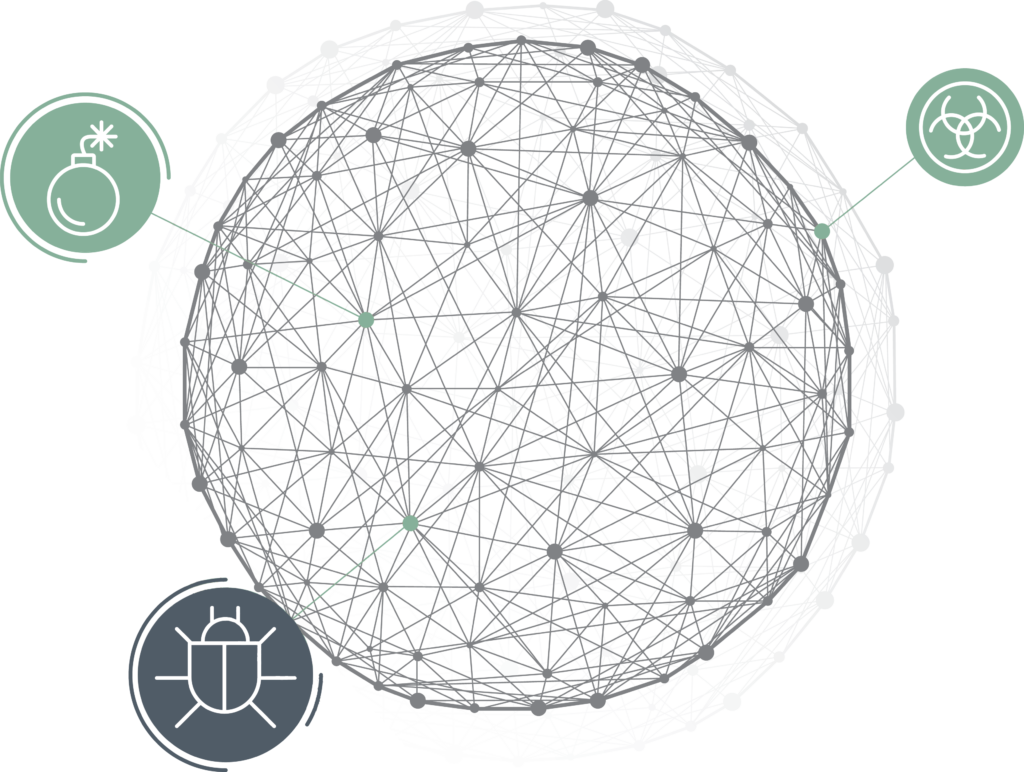Data protection
Forcepoint DLP allows organizations to protect sensitive data as well as comply with regulations such as GDPR. Protection is provided by identifying, monitoring, and enforcing policies for data in motion, use and rest, both in the network and on users` computer. This allows to protect data anytime and anywhere, also outside the organization’s network.

Perfect identification and protection
The system identifies protected data on the basis of three information sources:
- built-in script classifiers of popular data such as: social security numbers, taxpayer identification numbers, bank account numbers and credit cards numbers.
- digital fingerprints
- machine learning mechanisms.
Forcepoint DLP also uses sophisticated data protection functions, such as text analysis in optical character recognition files (OCR). The solution takes into account both the content of the data and the context in which they occur in the analysis.
Incident management mechanisms
Forcepoint DLP supports administrators with the mechanism of analyzing incidents in terms of risk for the organization (Incident Risk Ranking). Thanks to risk assessment tools, administrators can deal with the most important incidents first. The system protects data in an advanced way, as it also detects incidents spread over time, for example leakage of one record from the database, Drip DLP.
With Forcepoint DLP, organizations can protect data and secure important business processes, as well as reduce the time spent checking for false positives.
Data protection in health care
Protection of sensitive data is of great importance in health care. In case of a security breach and hospital data leakage, life may be threatened. It takes an average of 329 days for a hospital to identify just one data breach, and an average of 93 days to remove the effects. By that time, research has shown that there has been an increase in mortality in hospitals, especially among patients with heart disease.
In addition to preventing violations, hospitals are tasked with protecting patient privacy, and this is more than just a HIPAA compliance requirement. Patients are increasingly sensitive to the protection of their privacy rights, especially as the global pandemic has sparked discussions about solidarity in health care, which focuses on public health in its broadest sense.
Get to know principles and methods of preventing data leakage in health care. Download: “How to protect data in hospitals in practice” guide.
